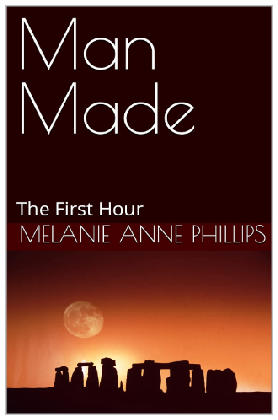Success or Failure?
A story without a clear indication of success or failure is a failure of a story. You need to work out exactly how your readers will know if the goal is achieved or not.
This might seem obvious in an action story, but may be much more difficult in a story about character growth.
Success and Failure don't have to be binary choices; they can be matters of degree. For example, the effort to bring back a treasure may fail, but the adventurers discover one large ruby that fell into their pack. Or, someone seeking true love might find love but with someone who is rather annoying.
Whether either of these examples is a partial success or a partial failure depends largely on how you portray the characters' attitudes to the imperfect achievement.
The point is, you must convey to your readers very clearly whether you expect them to see your story as ending in a success or failure and the degree or success or failure as well. Otherwise, even after a book-
Don’t Forget the Consequences…
A goal is what the characters chase, but what chases the characters? The consequence doubles the dramatic tension in a story by providing a negative result if the goal is not achieved.
Consequences may be emotional or logistic, but the more intense they are, the greater the tension. Often it provides greater depth if there are emotional consequences when there is an external goal, and external consequences if there is an emotional goal.
Your novel might be about avoiding the consequences or it might begin with the consequences already in place, and the goal is intended to end them.
If the consequences are intense enough, it can help provide motivation for characters that have no specific personal goals.
Requirements for Your Story’s Goal
The success or failure in achieving the goal is an important but short moment at the end of the story. So how is interest maintained over the course of the story? By the progress of the quest toward the goal. This progress is measured by how many of the requirements have been met and how many remain.
Requirements can be logistic, such as needing to obtain five lost rubies that fit in the idol and unlock the door to the treasure. Or, they can be passionate, such as needing to perform enough selfless acts to win the heart of the princess.
The important thing is that the requirements are clear enough to be easily understood and measurable enough to be "marked off the list" as the story progresses.
Characters’ Personal Goals
Personal Goals are the motivating reasons your characters care about and/or participate in the effort to achieve or prevent the overall goal. In other words, they see the main story goal as a means to an end, not as an end itself.
The reason a character is involved in the quest may be logistic (something they want or need) or passionate (someone they want to support or are determined to undermine.
Often, creating a back story about a previous or ongoing relationship between characters (whether positive or negative) can provide an explanation for contributing to the quest or seeking to scuttle it.
Although a personal goal for each and every character is not absolutely essential, at some point your readers are likely going to wonder what is driving your principal characters to brave all the trials and obstacles. If you haven't supplied a believable motivation, it will stand out as a story hole.
More Tips…
Your Thematic Topic and Message
Have Your Characters Write Their Own Life Stories
Use Nicknames to Enrich Your Characters
Be Your Own Critic Without Being Critical
Don’t be a Slave to Convention
Be a Story Weaver -
Write from your passionate self
You are only as good as your own talent. GET OVER IT!


|
For Story Structure |
|
For Story Development |
|
|

|
|